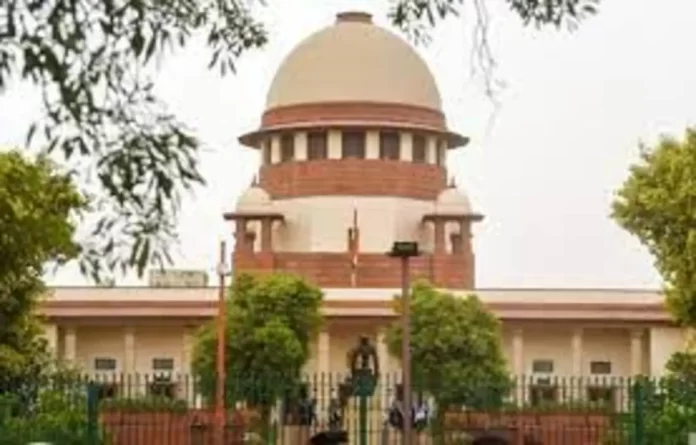The Supreme Court today observed that MPs and MLAs cannot claim any immunity from prosecution under Article 105 and Article 194 of the Constitution when they are accused of taking bribes.
A Constitution bench of CJI DY Chandrachud, Justice AS Bopanna, Justice MM Sundresh, Justice PS Narasimha, Justice JB Pardiwala, Justice PV Sanjay Kumar and Justice Manoj Misra also overturned 1998 PV Narasimha Rao judgment in which the court has opined that legislators are immune from being prosecuted for even taking bribes to vote a certain way in a legislative house.
The Constitution bench said that while analyzing majority and minority decisions of Narasimha Rao judgment, they disagree and overrule the judgment that MPs and MLAs can claim immunity. It added that the judgment of the majority in Narsimha Rao which grants immunity to legislators has a grave danger and is thus overruled.
The top court further held that the immunity given to legislators under Article 105(2) and 194(2) in respect of anything said or done in the Parliament or in a legislative assembly is connected to the collective functioning of the legislative house.
The court underlined that these provisions are meant to sustain an environment that facilitates free deliberations. Nonetheless, such an atmosphere would be vitiated if a member is bribed to deliver a speech, it continued. Subsequently, the court proceeded to hold that bribery is not rendered immune under Article 105(2) or 194 of the Constitution.
The court mentioned that just the act of taking a bribe could expose the legislator to criminal charges, and that it is not required for the legislator accepting the bribe to do any further act in response to the bribe.
The apex court observed that bribery erodes probity in public life. It added that the offence of bribery is agnostic and it does not matter whether a vote is cast in a certain direction or is not cast at all in response to the bribe.
The judgment came on a case dealing with the question of whether the legal immunity enjoyed by legislators under Articles 105(2) and 194(2) of the Constitution protects them from prosecution for taking bribes.
The issue before the top court arose from a plea lodged by Sita Soren, sister-in-law of former Jharkhand Chief Minister (CM) Hemant Soren. JMM’s Sita Soren was accused of taking a bribe to vote for a particular candidate in the 2012 Rajya Sabha Elections.
A complaint was registered in 2012 with the Chief Election Commissioner of India seeking a Central Bureau of Investigation (CBI) probe into the case. She was charged with the offences of criminal conspiracy and bribery under the Indian Penal Code (IPC), and for criminal misconduct by a public servant under the Prevention of Corruption Act.
Earlier in 2014, while hearing her plea seeking quashing of the case, the Jharkhand High Court noted that Soren had not cast her vote for the person who had offered her the bribe. Eventually, the matter reached the Supreme Court after Soren filed an appeal against the High Court’s decision to dismiss her plea.


